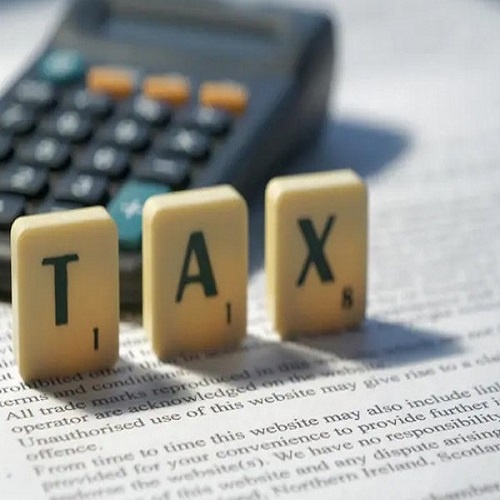New Delhi [India], October 18 (ANI): The new guidelines by Central Board of Direct Taxes (CBDT) for the compounding of offences under the Income-tax Act, 1961, aim to make the process easier and more accessible for taxpayers, according to a statement by Ministry of Finance.
The guidelines issued on Thursday as a part of the Finance Minister’s budget announcement to simplify and streamline the compounding procedure.
The revised guidelines, released with an aim to make the process easier and more accessible for taxpayers, removing many of the complexities found in the previous guidelines.
“The guidelines are expected to facilitate the stakeholders by reducing complexities arising out of existing multiple guidelines, simplifying the compounding procedure and lowering the compounding charges” said the ministry on Thursday.
One of the key changes is the elimination of the categorization of offences, which simplifies the process for taxpayers. Additionally, there is no longer a limit on the number of times an individual or entity can file an application for compounding.
As per the ministry, if there were defects in previous applications, applicants are now allowed to file a fresh application after fixing those issues–something that was not allowed under the old guidelines.
The revised guidelines also allow for the compounding of offences under sections 275A and 276B of the Income-tax Act. Previously, there was a 36-month time limit for filing compounding applications after the complaint was filed, but this restriction has now been removed, providing more flexibility for taxpayers.
A significant change introduced is aimed at companies and Hindu Undivided Families (HUFs). Now, the main accused is no longer required to file the compounding application. Instead, the offences of both the main accused and any co-accused can be compounded once the relevant compounding charges are paid by the main accused or any of the co-accused.
“To facilitate compounding of offences by companies and HUFs, the requirement of main accused filing the application has been dispensed with,” the ministry added.
In addition to procedural simplifications, the compounding charges have also been rationalized. The interest charges for delayed payment of compounding fees have been abolished.
Moreover, the rates for various offences, such as for TDS defaults, have been reduced to a single rate of 1.5 per cent/ month, down from the previous rates of 2 pc, 3pc, and 5 pc. The method for calculating compounding charges for non-filing of returns has also been made simpler, and co-accused individuals will no longer be charged separate compounding fees.
These revised guidelines will apply to both pending and new applications from the date of their issuance, replacing all previous guidelines on the subject.
This is another step taken by the government towards simplifying tax compliance procedures and promoting ease of compliance for businesses and individuals alike. (ANI)












